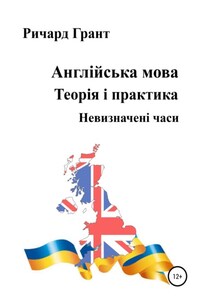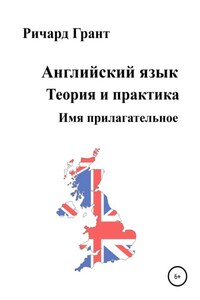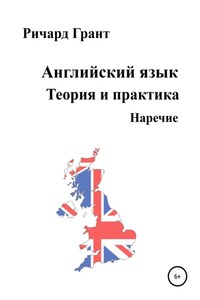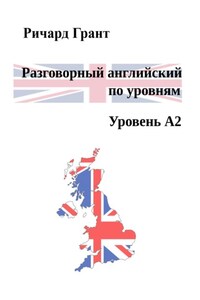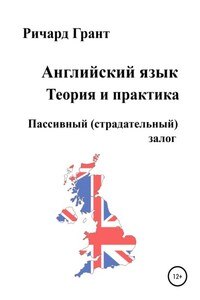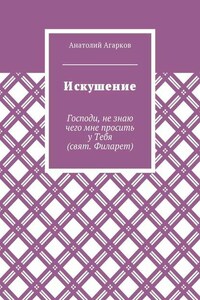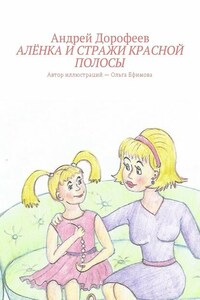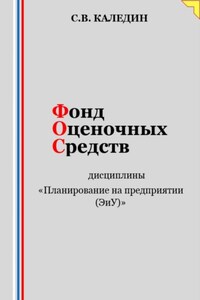Простий теперішній час – The Present Simple Tense
Present Simple Tense – простий теперішній час, описує дію в широкому сенсі слова. Використовуючи цей час, люди розповідають про свої звички і про інші регулярні дії і речі, які завжди правдиві, тобто цей час позначає дію, яка відбувається зазвичай, регулярно.
З цим часом часто вживаються прислівники невизначеного часу: usually – зазвичай, sometimes – іноді, seldom – рідко, always – завжди які, як правило, стоять перед смисловим дієсловом), а також словосполучення типу every day – кожен день, every morning – щоранку та iншi, on Sundays – по неділях та iншi, twice a week – два рази на тиждень та iншi
Утворювання Present Simple Tense для всіх дієслів, крім to be:
Розмовне речення – Subject + verb + …
We live in a huge industrial city. – Ми живемо у величезному промисловому місті.
Заперечне речення – Subject + do/does + not + verb + …
Joanne doesn't spend much time on the Internet. – Джоан не проводить багато часу в Інтернеті.
Питальне речення – (Question word) + do/does + subject + verb + …?
Do you often get together with your relatives? – Ви часто зустрічаєтеся з родичами?
Do – допоміжне дієслово – використовується з підметом, вираженим іменником у множині або займенниками I, you, we, they.
Does – допоміжне дієслово – використовується з підметом, вираженим іменником в однині або займенниками he, she, it.
Do i does не перекладаються, а лише вказують на заперечну або питальну форму.
У розмовній мові, в заперечій формі часто використовуються скорочення don't/doesn't замість do not/does not.
Підмет – subject – може бути виражений будь-яким іменником або займенниками I, you, we, they, he, she, it.
Присудок – verb – може бути виражений будь – яким дієсловом.
Якщо підмет – subject – виражений займенниками he, she, it або іменником в однині, то в стверджувальній формі до присудка – verb – додається закінчення -s або -es.
Якщо підмет – subject – виражений займенниками I, you, we, they або іменником у множині, то в стверджувальній формі присудок – verb – не змінюється.
Питальна форма може будуватися як зі спеціальним питальним словом – question word, яке ставиться на початку речення, так і без нього.
Короткі відповіді
При відповіді на питання, що передбачає відповідь так чи ні, використовуються наступні шаблони:
Do you study English? – Yes, I do. – (позитивна відповідь) – No, I don't. – (негативна відповідь)
Do you study English? – Yes, we do. – (позитивна відповідь) – No, we don't. – (негативна відповідь)
Do they study English? – Yes, they do. – (позитивна відповідь) – No, they don't. – (негативна відповідь)
Does he study English? – Yes, he does. – (позитивна відповідь) – No, he doesn't. – (негативна відповідь)
Утворювання Present Simple Tense для дієслова to be:
Розмовне речення – Subject + to be (am/is/are) + …
I am at work. – Я на роботі.
Заперечне речення – Subject + to be (am/is/are) + not + …
He isn't an engineer. – Він не інженер.
Питальне речення – (Question word) + to be (am/is/are) + subject + …?
Are you curious? – Ти цікавий?
Дієслово to be змінюється по особах і числах:
I – am
He, she, it – is
You, we, they – are
У розмовній мові,
у ствердній формі часто використовуються скорочення I'm/you're … it's замість I am/you are … it is
у заперечнiй формi – I’m not/you aren't … it isn't замість I am not/you are not … it is not.
Короткі відповіді
При відповіді на питання, що передбачає відповідь так чи ні, використовуються наступні шаблони:
Are you a doctor? – Yes, I am. – (позитивна відповідь) – No, I am not. – (негативна відповідь)
Is she a doctor? – Yes, she is. – (позитивна відповідь) – No, she isn’t. – (негативна відповідь)
Are they doctors? – Yes, they are. – (позитивна відповідь) – No, they aren’t. – (негативна відповідь)
Якщо в питальному реченні зі спеціальними питальними словами Who (в значенні хто) або What відсутній підмет, що відповідає на питання хто? або що?, то допоміжне дієслово do/does не вживається, а використовується основне дієслово із закінченням -s, (-es) без частинки to.
What/Who + verb + (-s, -es) + …?
What attracts him there? – Що його там приваблює?
Verb + to + verb – два дієслова, якi йдуть один за одним, поділяються часткою to.
I want to know it. – Я хочу це знати.
Вправа 1
Вставте дієслово to be в Present Simple.
1. What … your name? – My name … Shirley Frank. 2. … your sister a typist? – No, she … not a typist, she … a student. 3. Where … you? – I … in the kitchen. 4. Where … the keys? – In your jacket. 5. What … your address? – My address … 175 Grand Central Parkway. 6. … your brother at school? – Yes, he …. 7. Art … long, life … short. 8. Where … Fred? – He … in the garage. 9. What … the time, please? – It is two o’clock. 10. You … the best friend I have ever had. 11. What … your phone number? – My phone number … 718-1930. 12. … your sister at school? – No, she … not at school. 13. Where … Lisa and John? – They … at college. 14. It … the biggest meal I have ever had. 15. I don’t remember what his telephone number … .
Вправа 2
Вставте дієслово to be в Present Simple.
1. Where … you from? – I … from New York. 2. My sister … at home. 3. … you busy? – No, I … not. Mike … busy. He … the busiest person I have ever met. 4. Which sport do you think … the most dangerous? 5. Two heads … better than one. 6. I … a pupil. 7. … this your watch? – Yes, it … . 8. It … ten o’clock. She … late again. 9. Chess and aerobics … not as exciting as skydiving and figure skating. 10. You … right. That … a lot of money! Coffee … really very expensive this week. 11. My father … not a teacher, he … a scientist. 12. She … an actress. 13. How … you? – I … not very well today. – I … sorry to hear that. 14. Debt … the worst kind of poverty. 15. … your aunt a doctor? – Yes, she … .
Вправа 3
Вставте дієслово to be в Present Simple.
1. This … my bag. 2. We … interested in classical music. 3. The game … not worth the candle. 4. … they at home? – No, they … not at home, they … at work. 5. My uncle … an office worker. 6. Vera … afraid of snakes. 7. Do you have any idea where he …? 8. My brother … a worker. He … at work. 9. He … at work. 10. My grandmother … not nervous and she … rarely upset. She … the kindest person I’ve ever seen. My grandmother … really wonderful. 11. Used cars … cheaper but less reliable than new cars. 12. … you an engineer? – No, I … not. I … a lawyer. 13. Helen … a painter. She has some fine pictures. They … on the walls. She has so much paper. It … on the shelf. The shelf … brown. It … on the wall. Helen has a brother. He … a student. He has a family. His wife … not from Toronto, she … from Montreal. They … nice people. 14. I … sorry. They … not at the office at the moment. 15. What … the weather forecast for tomorrow?
